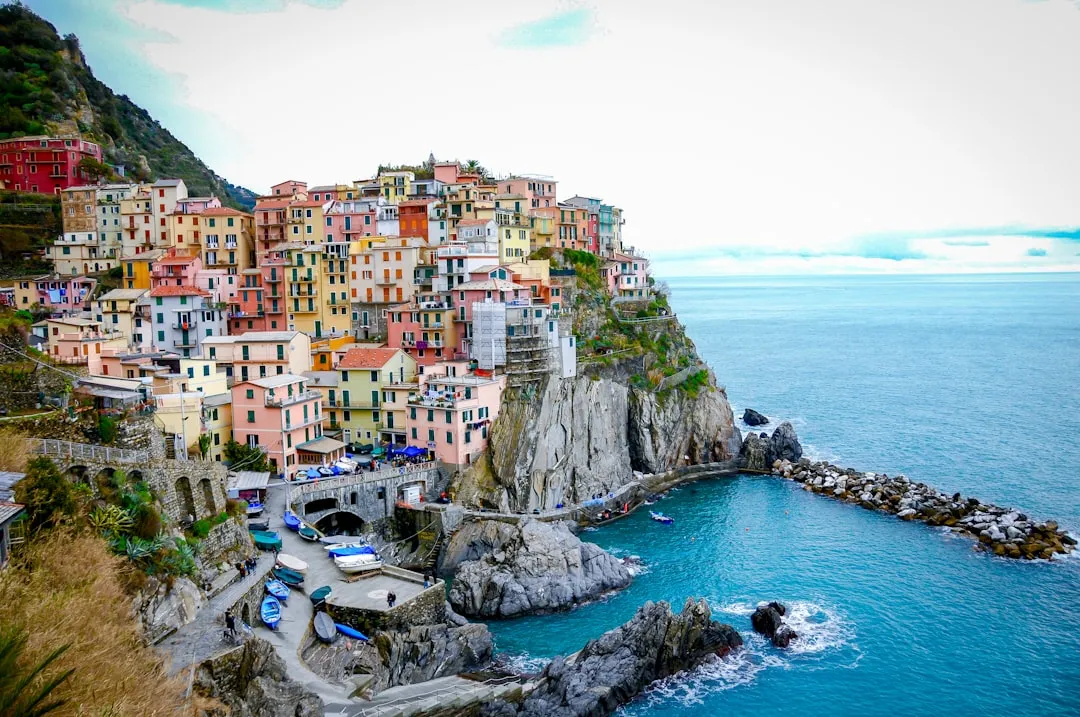As an Italian, I’ve seen firsthand why so many people dream of moving to Italy. The rich culture, stunning landscapes, and high quality of life make it an appealing destination. Whether you're planning to retire, work remotely, or invest in property, understanding the residency process is key. Here’s everything you need to know about becoming a resident in Italy.
1. Types of Residency in Italy
There are different ways to establish residency, depending on your nationality and purpose for moving:
- Temporary Residency: Required for stays longer than 90 days but under five years.
- Permanent Residency: Available after five years of legal residence in Italy.
- Elective Residency Visa (ERV): Designed for financially independent individuals or retirees.
- Work or Study Residency: Linked to an employment contract or enrollment in an Italian university.
- Residency by Investment (Golden Visa): For those investing in Italy through real estate or business.
2. How to Apply for Residency in Italy
The process depends on whether you are an EU citizen or a non-EU citizen:
For EU Citizens:
- No visa required, but you must register at the local Anagrafe (registry office) within 90 days.
- Required documents: passport, proof of income, proof of health insurance, and proof of accommodation.
For Non-EU Citizens:
- Must apply for a long-stay visa before entering Italy.
- Upon arrival, request a Permesso di Soggiorno (residence permit) within eight days.
- Register at the Anagrafe once the residence permit is approved.
3. Costs of Living and Residency in Italy
Residency requirements often come with financial considerations:
- Housing: Rent varies widely—€800-€1,500/month in cities like Rome and Milan, but lower in smaller towns.
- Health Insurance: EU citizens can access public healthcare, while non-EU residents may need private insurance.
- Residency Application Fees: Around €100-€200, depending on the permit type.
- Investment Residency: Requires an investment of at least €250,000 for the Golden Visa program.
4. Residency by Investment in Italy
The Italian Golden Visa allows non-EU citizens to obtain residency by investing in Italy. Options include:
- €250,000 in an Italian startup
- €500,000 in an Italian company
- €2 million in government bonds
- €1 million in philanthropic donations
The process takes about six months, and residency is renewable every two years.
5. Taxes and Legal Considerations
Once you become a resident, you will be subject to Italian taxes:
- Income Tax: Progressive rates from 23% to 43%.
- Property Tax: Applicable for homeowners.
- Non-Domiciled Tax Regime: A flat €200,000 tax per year available for high-net-worth individuals.
It’s advisable to consult a tax advisor to navigate Italy’s tax obligations effectively.
6. Can You Get Residency by Buying Property?
Unlike some countries, buying property in Italy does not automatically grant residency. However:
- It can support your Elective Residency Visa application.
- It helps demonstrate proof of accommodation for residency registration.
7. Path to Italian Citizenship
After holding permanent residency for ten years, non-EU residents can apply for Italian citizenship. The process involves proving integration, language proficiency (B1 level), and having a clean legal record.
FAQs
1. How can I get residency in Italy?
- EU citizens need to register at the Anagrafe, while non-EU citizens must apply for a visa and residence permit.
2. Can I get residency if I buy property?
- No, but it can support a visa application such as the Elective Residency Visa.
3. How long can I stay in Italy as a U.S. citizen?
- Up to 90 days visa-free; beyond that, a visa and residence permit are required.
4. How much money do I need for permanent residency?
- Financial requirements depend on the visa type, but the Elective Residency Visa requires at least €32,000 per year in passive income.
5. What happens if I overstay my 90-day limit in Italy?
- Overstaying can result in fines, deportation, and difficulties re-entering the Schengen area in the future.
6. Do I need health insurance for residency?
- Yes, unless you qualify for public healthcare as an EU citizen or employee.
7. Can Americans retire in Italy?
- Yes, through the Elective Residency Visa, provided they meet income requirements.
8. What taxes will I pay as a resident?
- Progressive income tax (23%-43%), property tax, and potentially the €100,000 flat tax for high earners.
9. How long does it take to get Italian residency?
- Registration as an EU citizen takes weeks, while non-EU residency permits take 3-6 months.
10. What are the benefits of Italian residency?
- Access to public healthcare, visa-free Schengen travel, and eventual eligibility for citizenship.
This guide provides an overview of obtaining Italian residency, from the types of residency available to taxes and investment opportunities. Whether you're moving for work, retirement, or investment, Italy offers a pathway to long-term residency with incredible lifestyle benefits.




